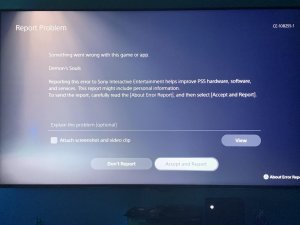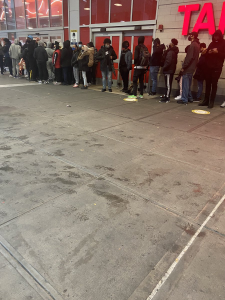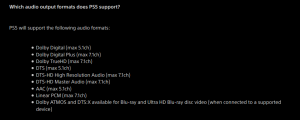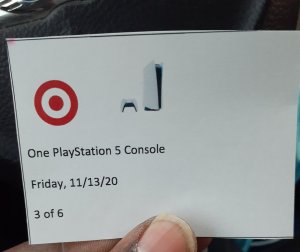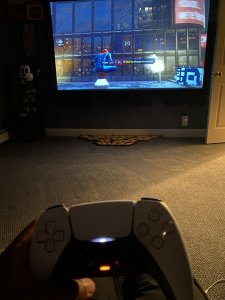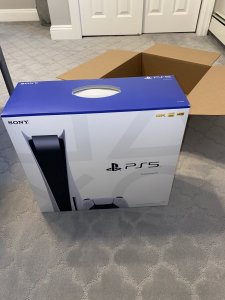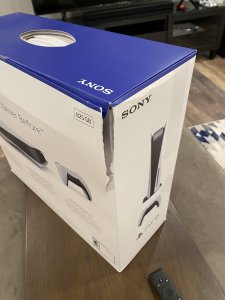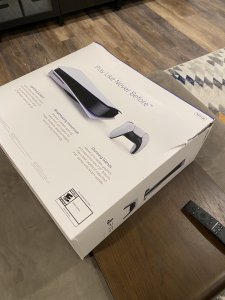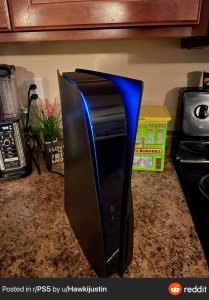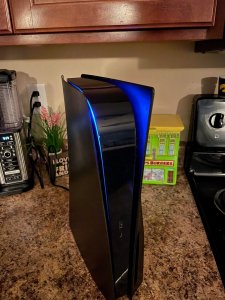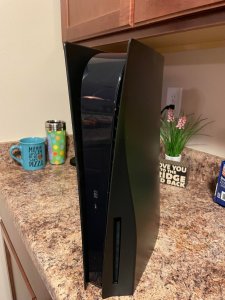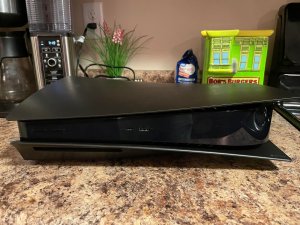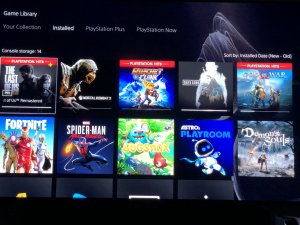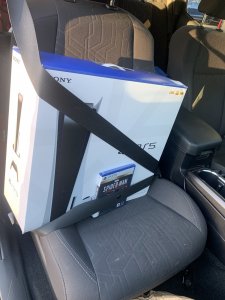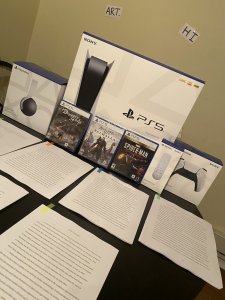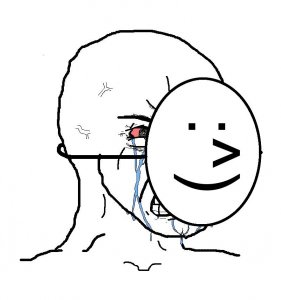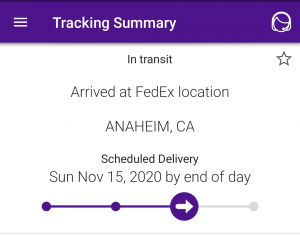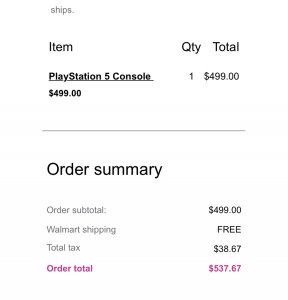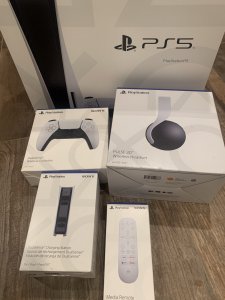Simon O'Connor did point out that Reflections considers its work on The Crew to end up being much more than a simple, feature-complete port. This is an opportunity to explore what the new hardware is available of, and there's a sense that the PlayStation 4's graphics hardware is not being fully exploited.
"The PS4's GPU is very programmable. There's a lot of power in there that we're just not using yet. So what we want to do are some PS4-specific things for our rendering but within reason - it's a cross-platform game so we can't do too much that's PS4-specific," he reveals.
"There are two things we want to look into: asynchronous compute where we can actually run compute jobs in parallel... We [also] have low-level access to the fragment-processing hardware which allows us to do some quite interesting things with anti-aliasing and a few other effects."
The standard porting process at the beginning of the Xbox 360/PS3 era seemed to be a case of targeting a lead platform and then removing features for subsequent ports, or alternatively taking a hit to performance. While multi-platform next-gen titles see the consoles take on target rather than lead platform status, there's clearly the realisation that the new machines are capable of more, and that much is to be gained by exploring platform-specific features. If Reflections can indeed achieve feature parity with the PC version, and then tailor the codebase to suit the strengths of Mark Cerny's "super-charged PC architecture", The Crew should be one to watch out for.







